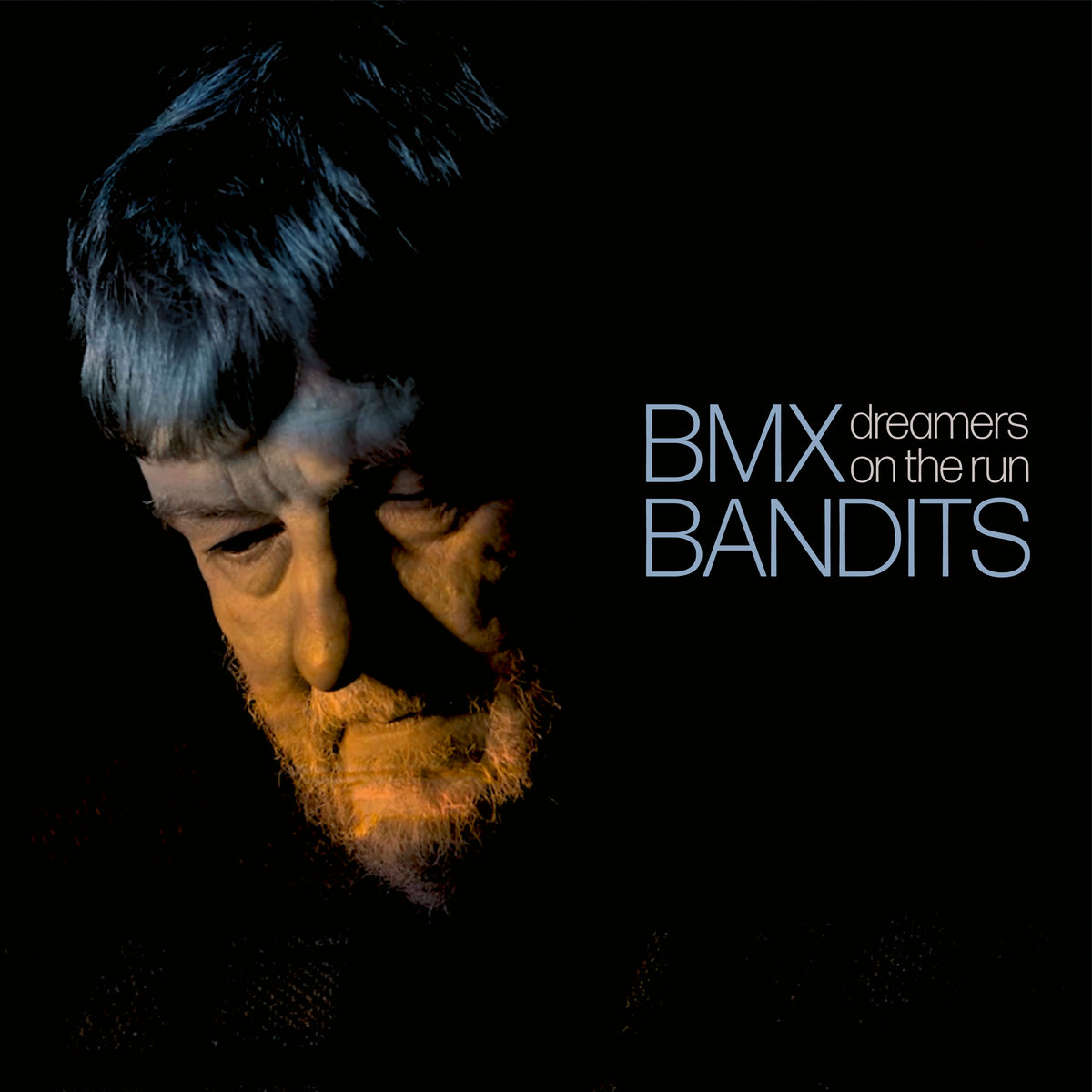Written by: Andrew Kirkpatrick
Baroness’s last record, 2012’s Yellow & Green, has slowly become one of my absolute favorite albums. There are a huge number of reasons for why it’s grown on me so much — the headspinning riffs are at once heavy, proggy, and pop-wise, the tracklist offers incredible variety (yet the record remains cohesive), and the production is unlike anything I’ve heard before. But what spurs me to revisit Yellow & Green so often at this point is its sweeping thematic arc. While it’d be impossible to fully pin down the “meaning” of the record, the album generally seems to deal with accepting and moving on from past mistakes and bad habits and finding a sense of inner peace. Forgive the huge quote, but the colossal double-LP’s penultimate track sums the journey up quite beautifully, as frontman John Baizley belts: “When I asked for comfort from this land of plenty / I came to realize / I have taken this for granted / Please don’t take it all away / Feel the light of day / Feel the pain fade away / Walk the line between the righteous and the wicked / And tomorrow I’ll be gone.”
But if Yellow & Green focuses on the arduous and lengthy task of pushing away regret and finding lasting contentment, then the Georgia rock outfit’s latest, Purple, is about how quickly that seemingly unyielding peace can shatter. Suddenly, old demons rear their heads again, death looms large, nightmares come true, and connections to loved ones are doused in kerosene.
It must be said that Purple’s exploration of the chaos and sadness that underlies the transience of things isn’t done arbitrarily. While on tour in 2013, Baroness got in a serious automobile accident, causing serious injuries — Baizley’s arms almost had to be amputated — and ultimately leading the band’s drummer and bassist to quit. For a while there, it seemed like the band might never be heard from again. If that’s not grounds for composing an album about life’s fragility, I don’t know what is.
Given that background, it’d be easy to expect the record to be a mopey, miserable affair, but the ten tracks here are all incredibly vibrant, energetic, and eccentric — it may be about death, but Purple is thrillingly alive.
That much is clear from the bruiser of an opener, “Morningstar,” which opens on thunderous drum fills and syncopated riffs, stops for some psychedelic arpeggiation, moves on to verses marked by icy guitar licks, and finally arrives at a gargantuan hook that finds Baizley wearily pleading: “Could you lay me down with my someone? / To carry the weight / Of damage I have done.”
“Morningstar” is one of the more aggressive cuts on Purple, alongside the frenzied riff-fest that is “Desperation Burns” and the haunting “Try to Disappear.” The latter in particular is pretty much rock-and-roll perfection, and might just be the best song the band has ever come up with. The choppy 16th-note feel that propels the song is infectious, but Baroness still stretch the poppy groove to its limits; the way the second verse and bridge use the same feel as the first go-around but lay entirely new riffs over it is absolutely astounding. A slow, psychedelic breakdown gives the song room to breath, and Baizley time to belt some of the record’s most imposing lyrics: “The world is great and wide / But wherever you go, I’m always a step behind / Put that hammer down / If your cross needs a nail, I’m sure we can sort it out.” The fiery riffing clears up moments later, making way for a pitch-black guitar solo that perfectly embodies the quiet, omnipresent menace that looms over the song.
But not all of Purple is so frantic, namely the record’s boisterous single, “Shock Me.” The hook of which finds the band shouting “Shock me / I needed a surprise,” a strangely uplifting moment that shows the search for silver lining in tragedy, which, in this case is the assertion that misfortune is a disturbance of the status quo — it’s inevitable change come sooner and in a different form than you thought, but it may eventually be for the better nonetheless. The song is easily one of the most straightforward Baroness have ever done (complete with a colorful synth intro), and that accessible, radio-ready quality further sells it as the album’s one moment of respite.
On the other end of the spectrum is the slow, mournful epic, “Chlorine & Wine.” The first two minutes or so is all restrained, reflective keys and guitar licks, laying the foundation for the harrowing minutes to come. Even as the song kicks into a four-on-the-floor groove, things don’t get anymore peppy with Baizley shouting lyrics that cut to the bone; “When I call on my nursemaid / Come sit by my side / But she cuts through my ribcage and pushes the pills / Deep in my eyes… And my doctor’s unable to cut through the cable / That leads to my mind.” The song finally reaches a boiling point as ferocious tremolo-picked guitars and heavy bassline arrive on scene, and the whole band belts “Please don’t lay me down.” It’s an incredibly cathartic moment, and one that seems to mark a thematic turning point for the album. That yearning to be laid to rest Baizley expresses on “Morningstar” has suddenly been flipped on its head, and the record’s last few tracks deal with reconciling the reality of being alive and well with the fact that the end was so close.
“The Iron Bell” — which has a bassy, flanger-drenched breakdown that would make the late Chris Squire proud — deals with the tortuous path to recovery (“Worn down to my bones / There’s a thousand miles to go before I’m home”), while the chaotic “Desperation Burns” talks about leaving misery and pity behind (“Wash away the bitter taste / The desperations burns / Raise the alarm / Un-close your eyes”).
Fellow progressive sludge metal titans Mastodon have a hulking, thirteen-minute song called “The Last Baron,” which they describe as “the borderline where you could collapse from exhaustion on your final journey home… or you could muster up one last ounce of energy, make it to where you need to go, and prevail.” These few tracks convey that exact vibe — the tired trudge home that may very well fail.
The penultimate track, “If I Had to Wake Up,” is another thing of beauty. Playing out mostly as a duet between drummer Sebastian Thomson’s massive backbeats and John Baizley’s powerful vocals, the song feels like a summation of the many difficult moods and ideas Purple presents, done in wonderfully abstract terms.
It’s only fitting that the seventeen-second closer, “Crossroads of Infinity” takes things to an even more psychedelic place. Amidst a sea of synths, a warped voice delivers a message: “I’ve done it! I’m drifting into a world of limitless dimensions!”
That may seem as opaque as endings get, but it only makes sense; if you can reach some transcendental reality then maybe — just maybe — you can escape death.









